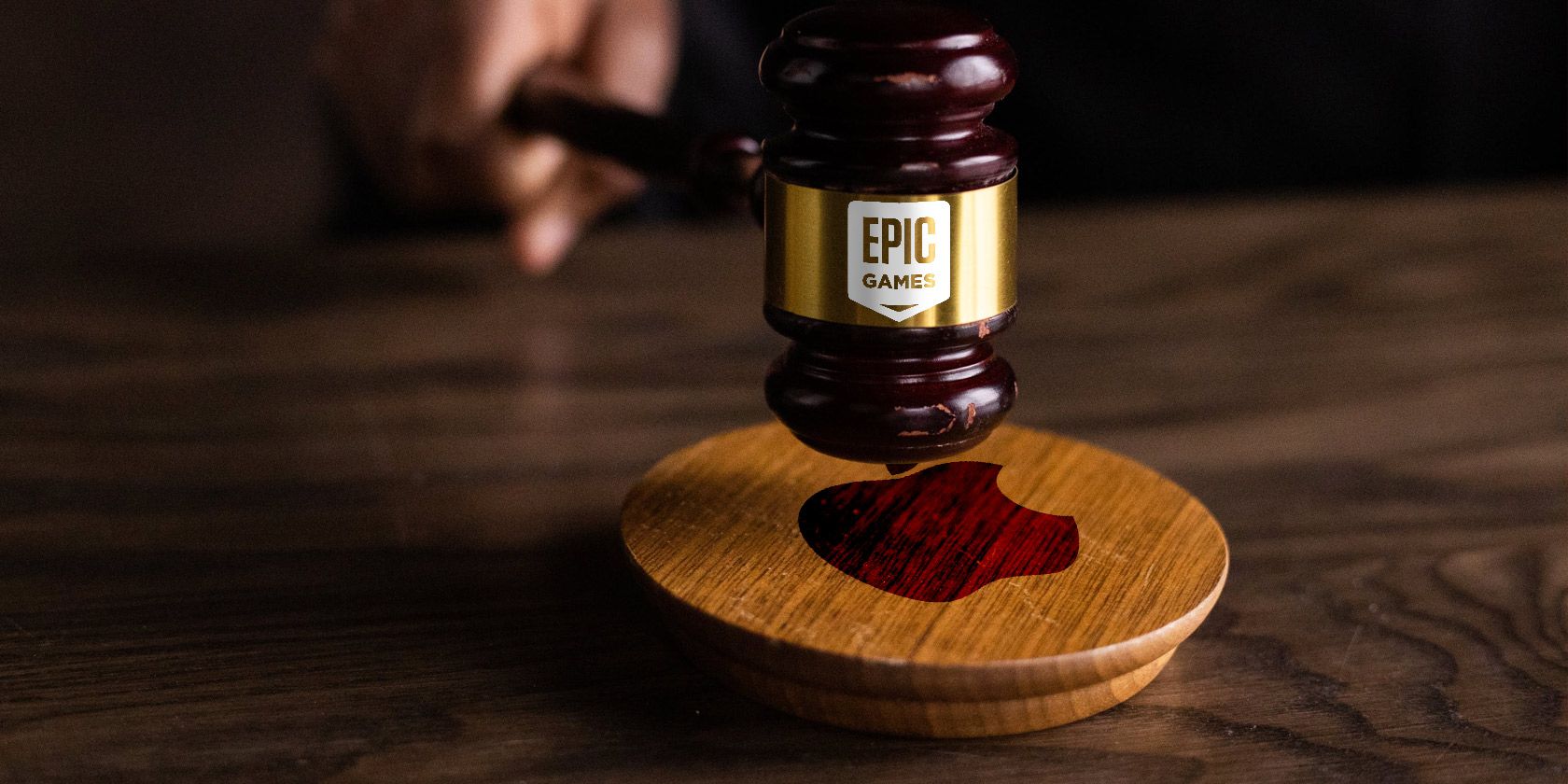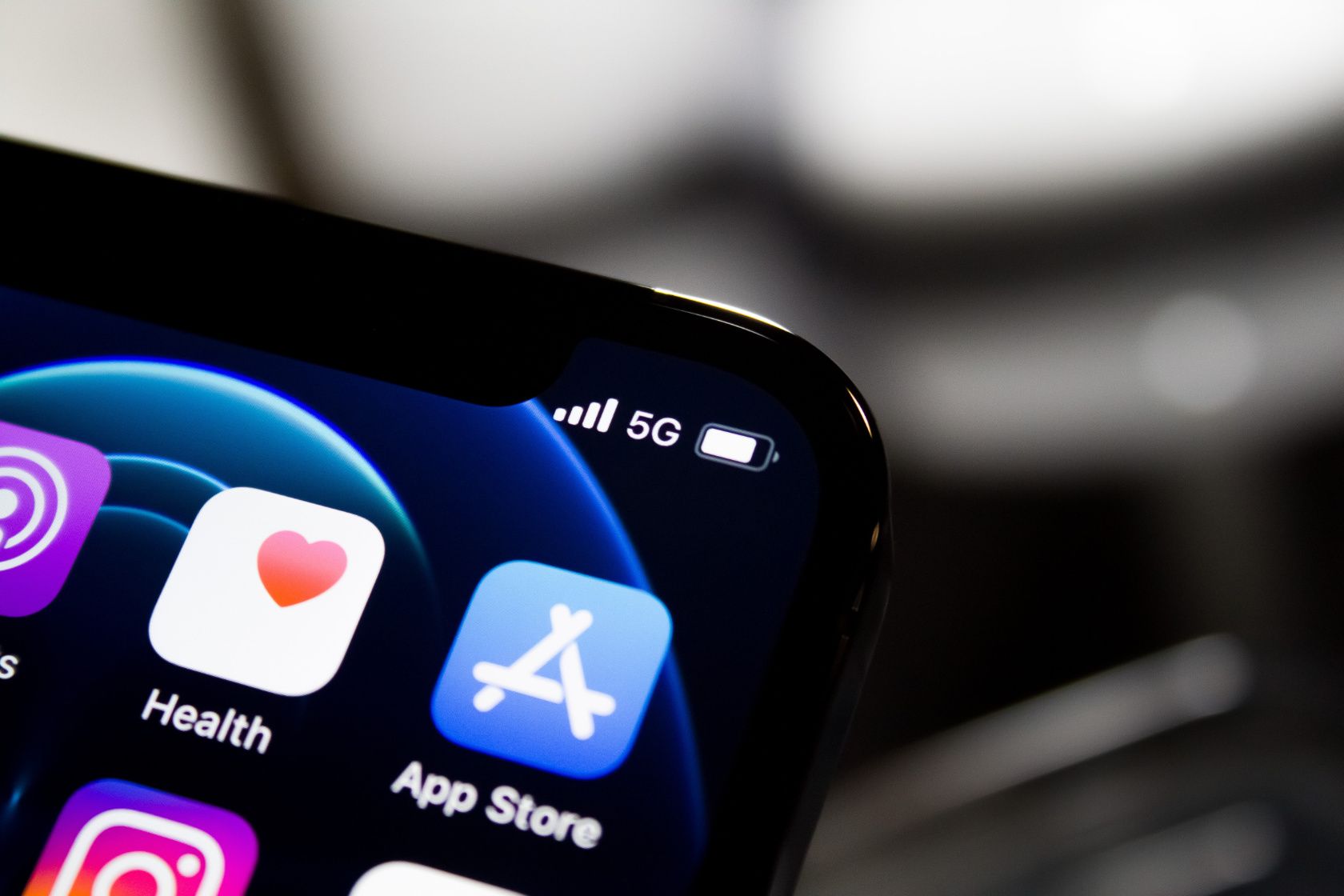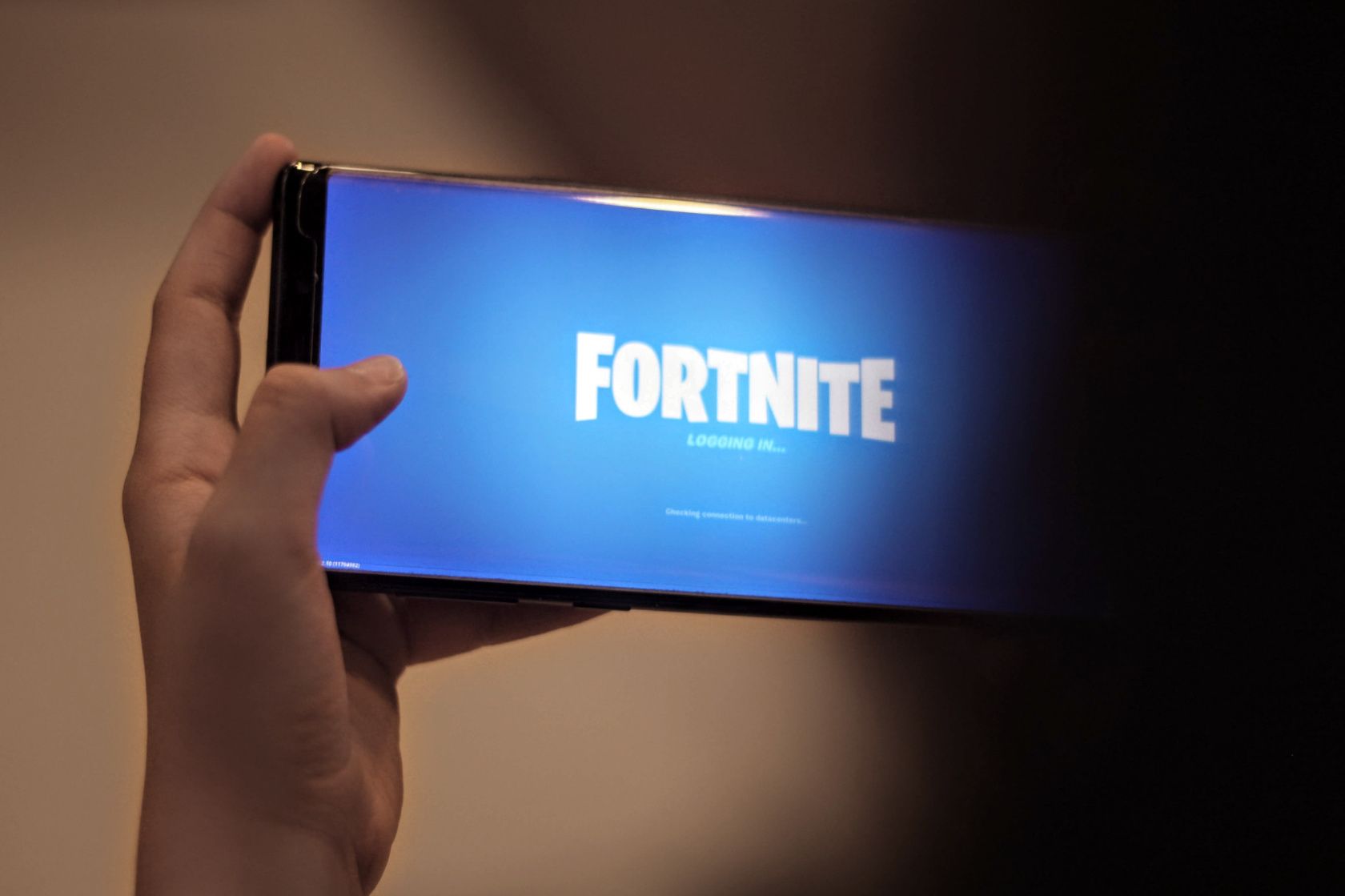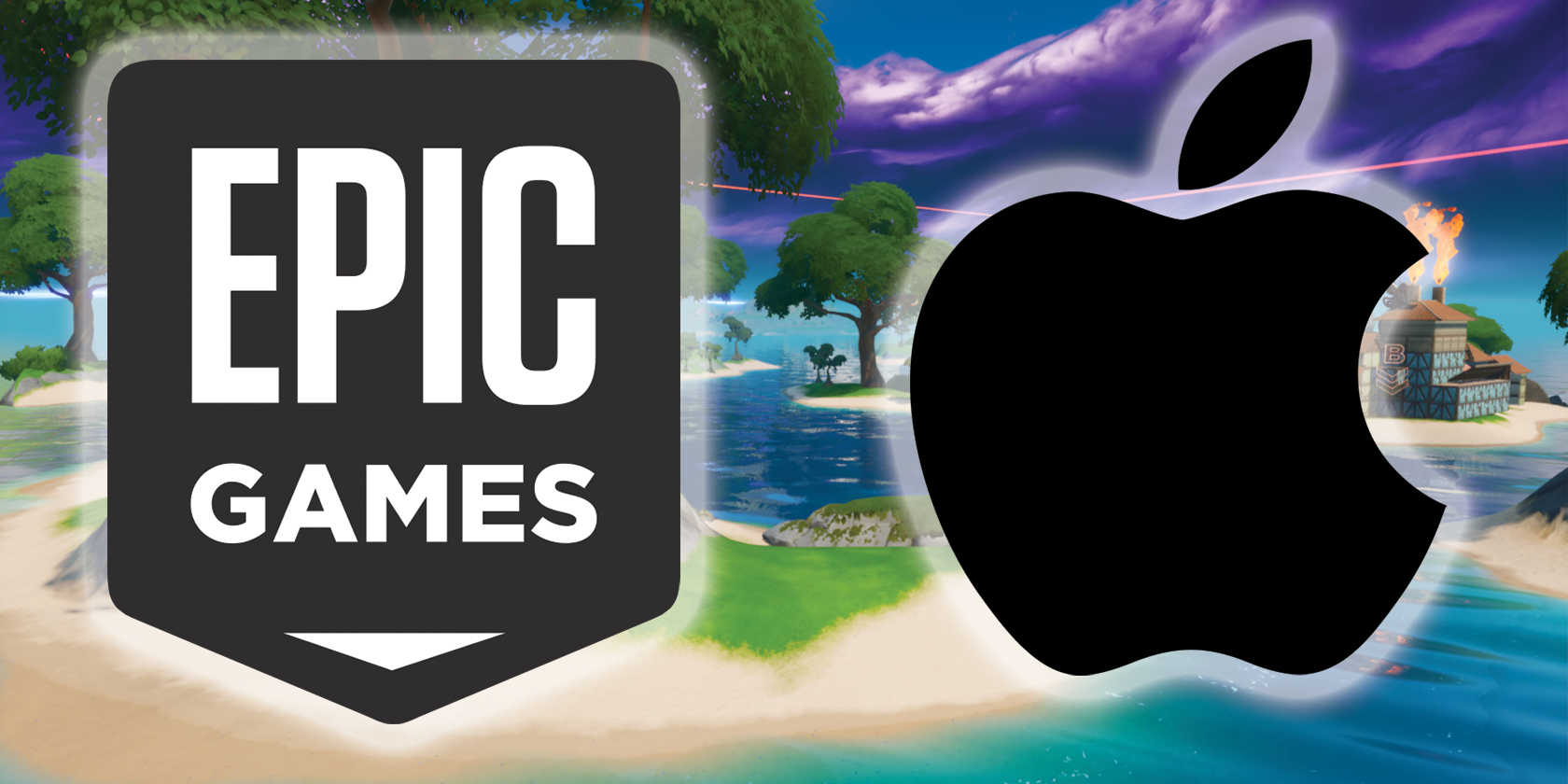Over the last year, you probably heard talk of a lawsuit between Epic Games and Apple, but you might not have known what it was about. Well, we're here to explain it as simply as we can.
In short, Epic Games is suing Apple, claiming that by forcing iOS developers to use the App Store and pay a 30% fee, Apple is running a monopoly on iOS and violating antitrust laws in doing so.
But if none of that made sense, here it is with a little more detail.
What Is the Epic Games Lawsuit About?
The lawsuit between Epic Games and Apple centers around the iOS App Store.
If you ever owned an iPhone, you probably already know that Apple's iOS App Store is the only way to install third-party software on the device. That is, without jailbreaking your iPhone and breaching Apple's terms of use by doing so.
What you might not know is that Apple keeps up to 30% of every app sale or in-app purchase made through the App Store. Apple says this fee reflects the immense value of the App Store to developers while allowing Apple to monitor and regulate the quality, privacy, and security of apps on the platform.
However, this fee forces developers to set a higher price for their products and services to account for Apple's commission, and there's no way around it for developers since the App Store is the only way to install apps on the iPhone.
As an added complication, Apple sells its own products and services through the App Store that are in direct competition with third-party developers. For example, Apple released Apple Music in competition with Spotify, and more recently released Apple Fitness+ in competition with Peloton. But, obviously, Apple doesn't need to worry about the 30% commission it pays to itself, giving it an edge on the competition.
In August 2020, software and games developer, Epic Games, filed a lawsuit against Apple claiming that these App Store practices are anticompetitive and violate antitrust acts. This is the lawsuit you've been hearing about, but it came about more dramatically than you might have expected.
Why Did Epic Games File a Lawsuit Against Apple?
Epic Games is the developer behind the enormously successful Fortnite video game. Fortnite is available to play for free across a range of different platforms, which once upon a time included the iPhone.
While Fortnite is free to play, Epic Games sells an in-app currency known as V-Bucks, which players can exchange for in-game outfits, weapons, emotes, and other cosmetic items.
In August 2020, Epic released an update to Fortnite that allowed players to bypass Apple's payment system and purchase V-Bucks directly from Epic Games at a whopping 20% discount. This still allowed Epic to make more profit from the V-Bucks than it could do so by paying Apple's 30% commission.
Just a few hours after Epic Games released this update, Apple removed Fortnite from the App Store and cut off Epic Games from its iOS and macOS developer accounts. Apple says it did this because Epic Games was in breach of the App Store terms and conditions, but Epic Games promptly responded with a 60-page lawsuit.
What Happened With the Epic Games Lawsuit?
After Epic Games filed its lawsuit against Apple, and Apple responded in kind, the two companies took their cases to court on May 3, 2021. The court battle lasted three weeks, during which each company presented various documents and expert testimonial to back up its case. All the while, members of the public could tune in and listen to the court hearing as it played out.
There was no jury. Instead, both companies agreed to present their cases to Judge Gonzalez Rogers, a seasoned veteran with antitrust cases, who will decide how the case ought to be settled.
Although the case ended several months ago on May 23, 2021, we are yet to hear a verdict, as Judge Gonzalez Rogers is still deliberating. The judge has given little indication of which way she is leaning. She stated she doesn't see Epic Games as a sympathetic victim, but she has also agreed with Epic's lawyers that Apple clearly has a monopoly on its own iOS platform, though she isn't convinced there's precedent for that to be a problem.
All we can do now is wait for her final verdict.
What's Next for Epic Games and Apple?
As it stands, Fortnite is still not available to download on the iOS App Store, though users who already had the app downloaded can still install updates. Apple has opted to lower its App Store fees, from 30% to 15%, for smaller businesses with under $1 million in revenue.
If the courts rule in Epic Games' favor, it may force Apple to lower its fee for all developers or to allow users to install apps from outside the App Store to avoid anticompetition and antitrust infringements. But we can't say for sure how this will turn out. Only time will tell.
Though, we might be able to get some clues from looking at the incredibly similar case between Epic Games and Google.




